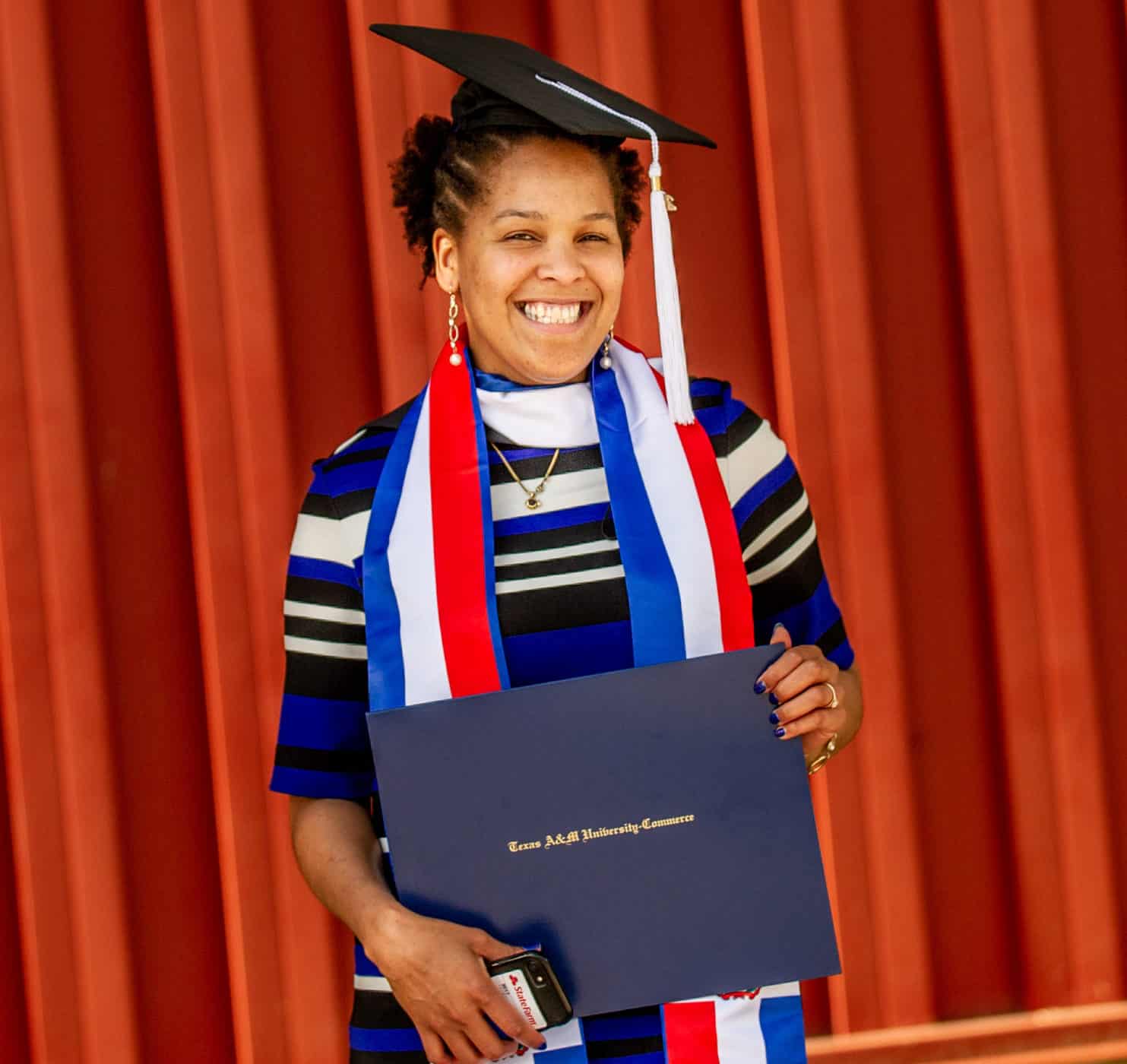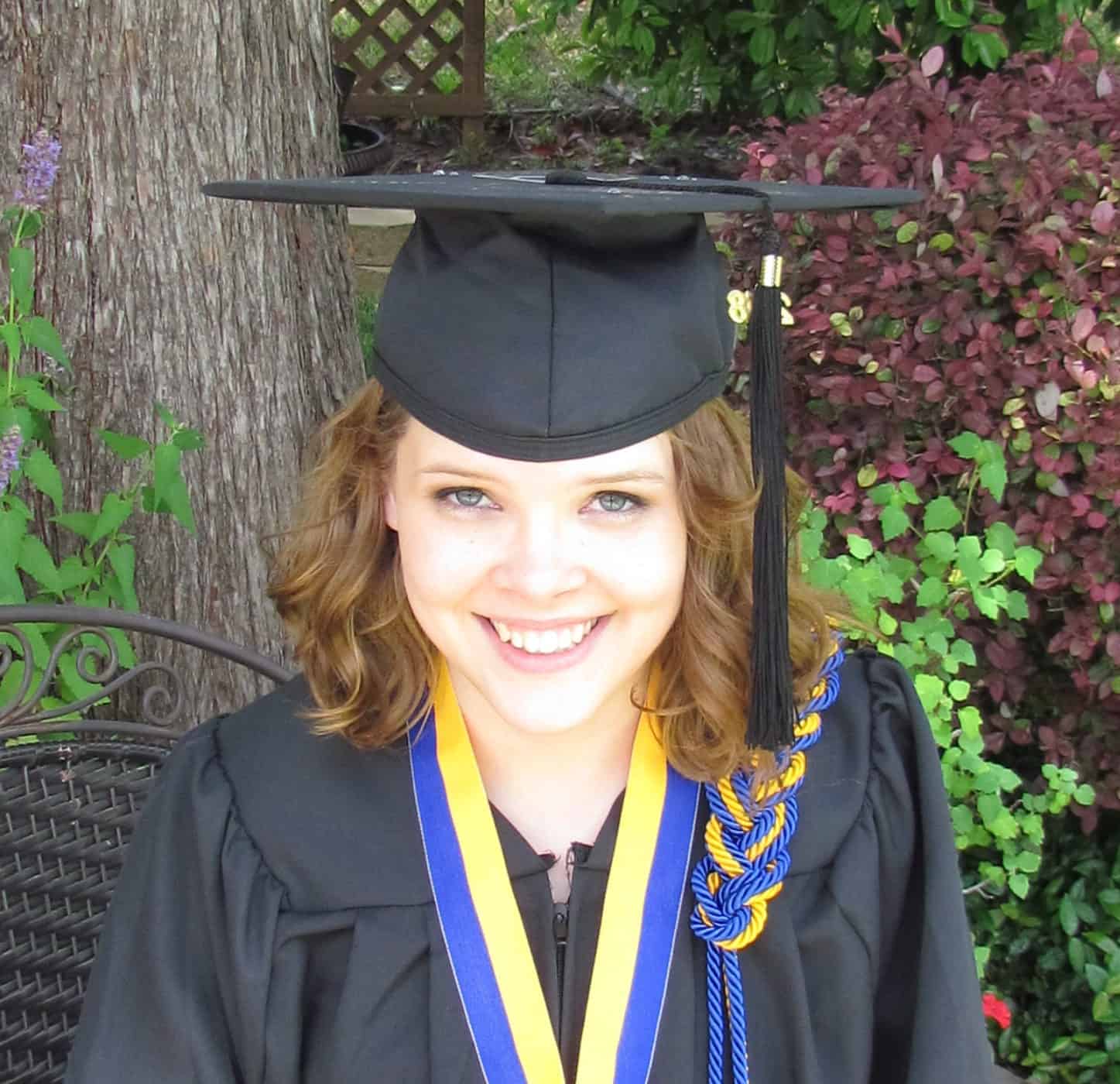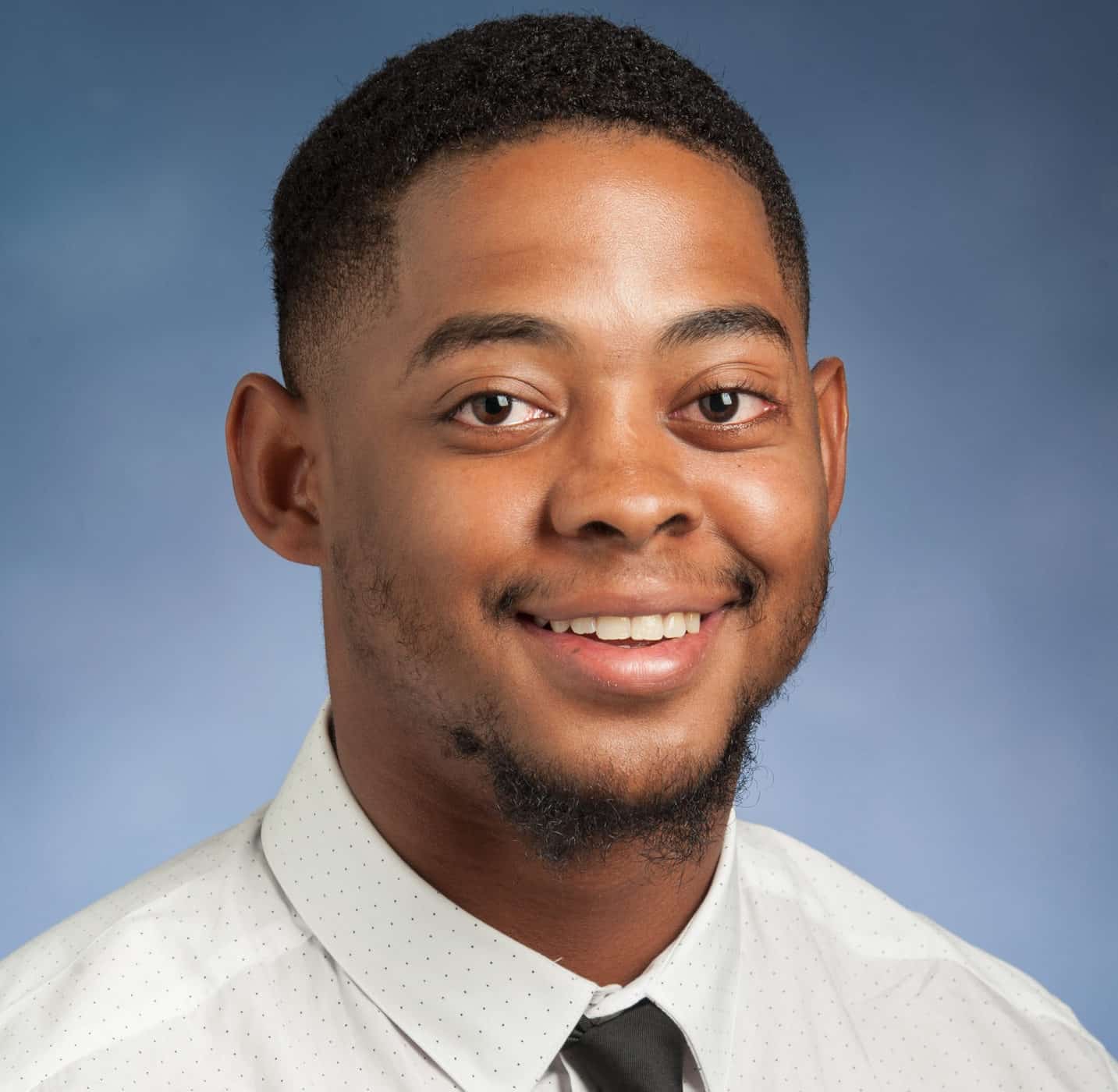2018 GRADS FACED COMMON & UNCOMMON CHALLENGES ON THE ROAD FROM GRIT TO GREATNESS

In the midst of another graduation season, it is easy to get caught up in the distractions of the caps, gowns, regalia and celebrations. The pomp and circumstance mask the gritty journeys students often face before taking that much-anticipated walk across the stage to accept their diplomas. The upright stance in their strolls only hints at the will and determination that brought them to this moment. While every person's story is unique, we chose three of this year's graduates to profile. Their journeys represent a cross-section of A&M-Commerce student experiences — the paths taken and the insights gained – in pursuit of academic and personal achievement, despite the challenges they faced.
Zoraida de la Cruz

Zoraida's path is proof that even when we make decisions that seem simple, it's not always easy to follow through. Sure, having been born and raised in the Dominican Republic made it easier for Zoraida to master her studies which focused on her first language. Yes, she loves volleyball, was key player for her junior team at home, and was even invited to participate in the national women's league, the professional team in Dominican Republic. Zoraida ran into a few hurdles, too. When competing to be on the national team, Zoraida realized she didn't have the height to compete with the top players in the women's league, and agonizingly decided to give up that dream and focus on school. However, fear imposed by concerned family members who worried about her safety in an unfamiliar place almost prevented her from leaving her home country to come to study in the U.S. Even when she decided to take a chance, she faced a challenge many international students do. She needed to learn English.
Zoraida began her American education in a region quite different from her home country, at Iowa Western Community College where she took ESL classes for two years. She then transferred to MidAmerica Nazarene University in Kansas, where she completed her bachelor's in sports management with a minor in coaching.
When she decided to attend graduate school to continue her studies, she researched and found A&M-Commerce, applied and was accepted, and was awarded a Graduate Assistantship with the volleyball team. She was thrilled to be able to be involved with volleyball, loved the diversity of the student body and appreciated the support of her professors. “Everything was falling into place,” says Zoraida. “I had other options, but Commerce was the place for me.”
She thinks she will eventually move back to the Dominican Republic. “To me, home is home…” No matter where she goes, Zoraida will take fond memories of A&M-Commerce with her. Her professors were always there for her and Athletics was a very supportive community, she says, recalling that teams from other sports would attend volleyball matches and her team would do the same. “For international students it's a good place to be,” she shares. “Coming from a two-year college, then a four-year college, then here, it's not to small or too big. It's the perfect size.”
Morgan Manning
 Morgan grew up in Garland and lived with her grandparents since she was one and a half years old. She's always had a love of learning and after completing a dual credit program in high school, she was accepted to the Honors College. All indications were that Morgan's academic success would continue at an accelerated pace, however, in late 2016, a personal hurdle slowed her down. It was in November of that year that her grandfather was diagnosed with lymphoma. In addition to managing her courses while dealing with the emotional distress brought on by her grandfather's diagnosis, Morgan also faced the financial reality that came as a result of the family's sole provider being unable to work.
Morgan grew up in Garland and lived with her grandparents since she was one and a half years old. She's always had a love of learning and after completing a dual credit program in high school, she was accepted to the Honors College. All indications were that Morgan's academic success would continue at an accelerated pace, however, in late 2016, a personal hurdle slowed her down. It was in November of that year that her grandfather was diagnosed with lymphoma. In addition to managing her courses while dealing with the emotional distress brought on by her grandfather's diagnosis, Morgan also faced the financial reality that came as a result of the family's sole provider being unable to work.
As a student in Honors College she received a full ride academically, but she worried about being a burden to her grandparents. With the support of two of her childhood friends and the inspiration of her professors, she persevered. Her grandfather is now in remission, too.
Morgan topped off her undergraduate experience with an unanticipated victory. She competed in this year's Annual Research Symposium, winning Best Overall presentation for h er research on an emerging genre of literature she calls “reproductive dystopian,” which she analyzed through the lens of eugenic practices.
“It was one of the best moments of my life,” she said. “It shows what can happen if you really commit to something. I didn't know what would happen if I put in those hours and worked on my thesis, but then it was a clear payoff.” Manning is now headed to Southern Methodist University in Dallas to pursue her master's in education.
Joshua Skinner
 While Skinner may have felt at home when he first started at A&M-Commerce, it wasn't too long before he started struggling with his coursework.
While Skinner may have felt at home when he first started at A&M-Commerce, it wasn't too long before he started struggling with his coursework.
When he realized he needed help in a math class, he sought out resources at the university and found the African American Male Mentorship Program (AAMMP). AAMMP is a team of professional staff members committed to providing intentional opportunities to enrich the overall African American male student experience. He met with Joshua Moore, associate director of the Serving Engaged Empowered & Diverse Students Office, who oversees the AAMMP program.
Mentees within the program are paired with upperclassmen who serve as mentors and a committed group of staff members that assist with addressing, combating, and overcoming stressors that exist with the transition to university life.
Not only did Skinner get help from AAMMP, he also joined the program.
Members of AAMMP were there again when he had an accident that led to multiple surgeries and time away from school that left him thinking that he may not return.
Joshua did return, however, and was faced with navigating the complicated financial aid system that seemed like an insurmountable hurdle to conquer in his pursuit of completing his degree.
“It's complicated and you'd be surprised at how many kids don't understand that they have to pay the loans back,” Skinner said.


